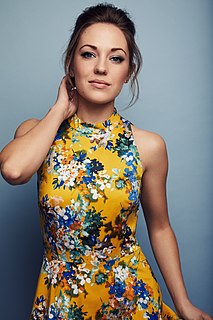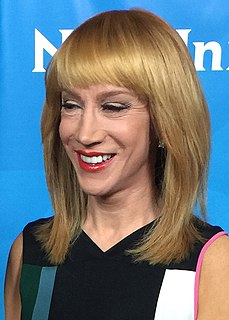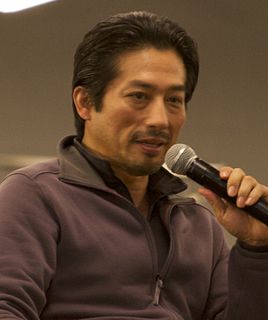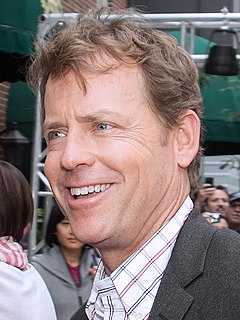A Quote by Amber Benson
You were doing a TV show - you don't realise that you're also making social commentary at the same time.
Related Quotes
The great writers like Chekhov know that tragedy and laughter are just a few steps from each other ... but it took me a long time as an actress to learn that. Actually Arthur Miller taught me in the Seventies. We were making a CBS TV drama of his play Playing for Time about Auschwitz but the characters were laughing. It was a big insight for me to realise that that was what's called gallows humour, in this case worse than the gallows, that humans need to laugh and make jokes in order to survive.
'Grease' was my Broadway debut. That was eye-opening. At the same time, it was very familiar. It was a Broadway show, but it's kind of the same as doing a show in Minnesota. It's the same type of rehearsal process. You are doing 8 shows a week, but I worked at a theatre in Minnesota that did 11 shows a week.
I used to do stand-up when I was in high school. But I was also making beats for this rap group, and when we got a record deal, I sort of stopped doing the comedy and focused on the music instead. When that ended, I decided to go back to school, take broadcasting, and start my show on public-access TV.



































